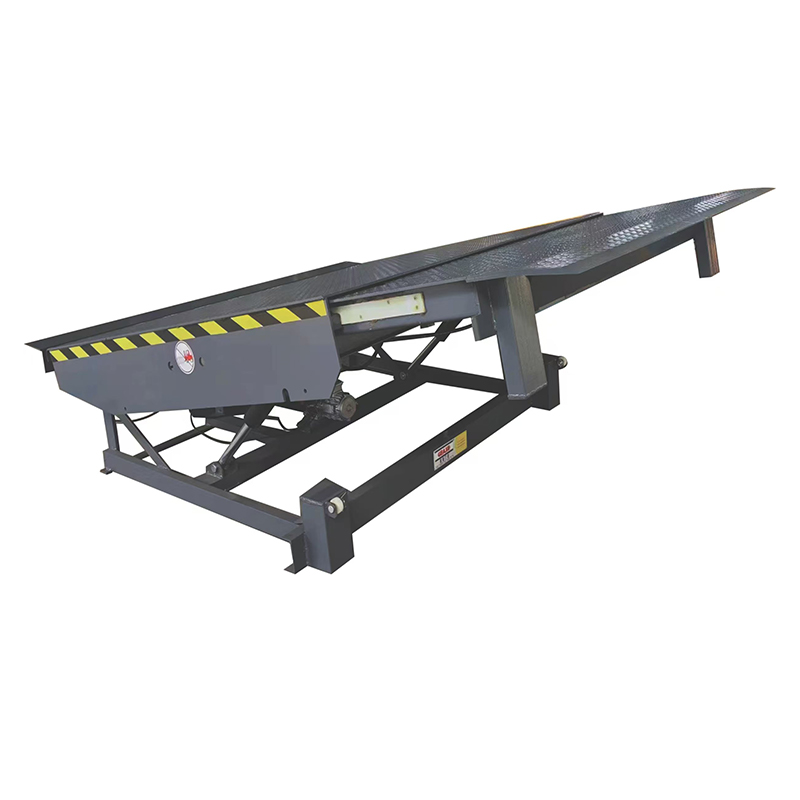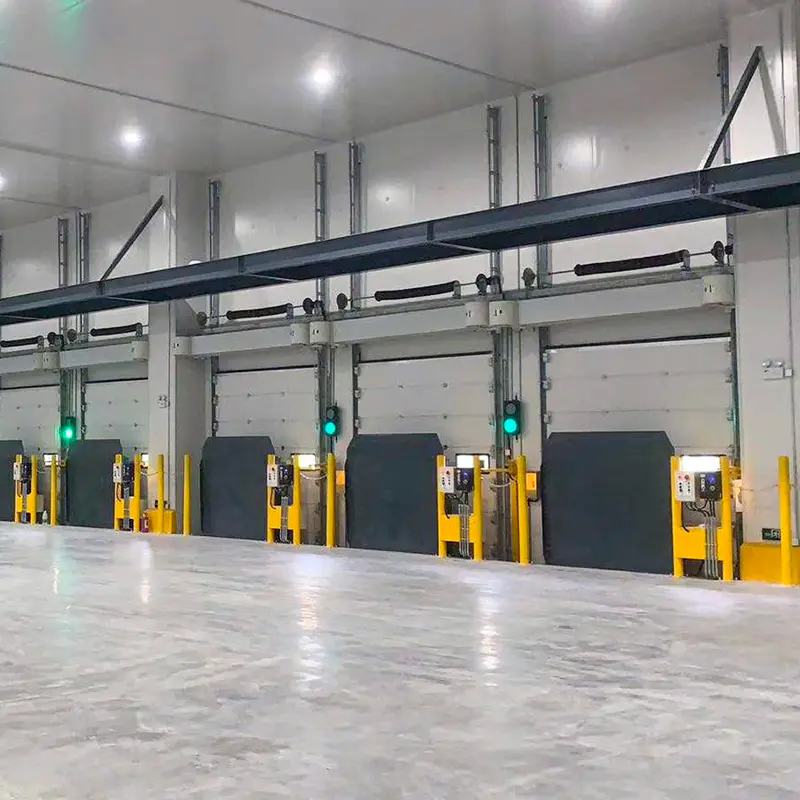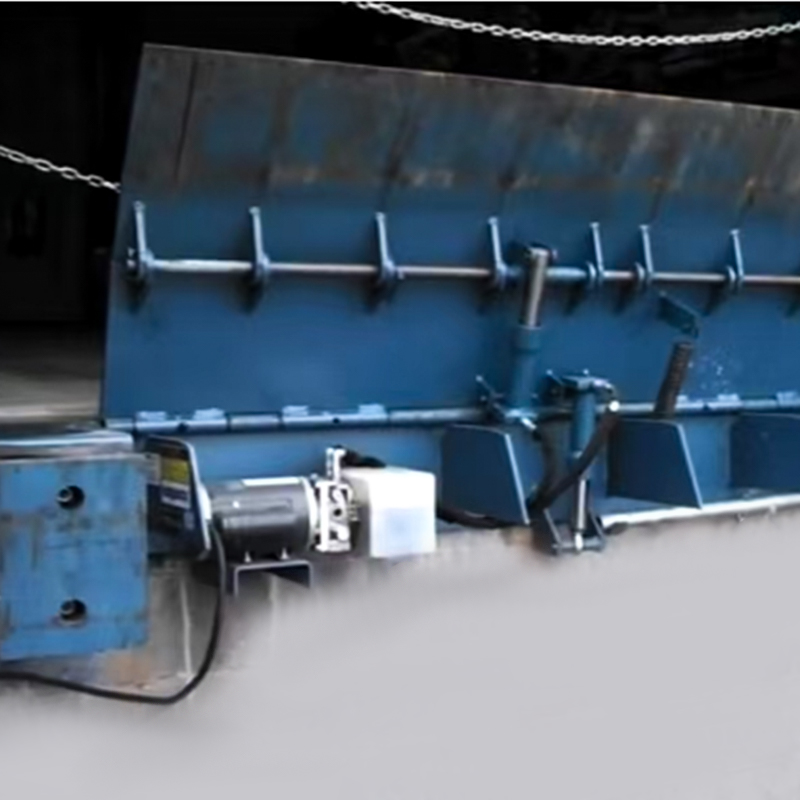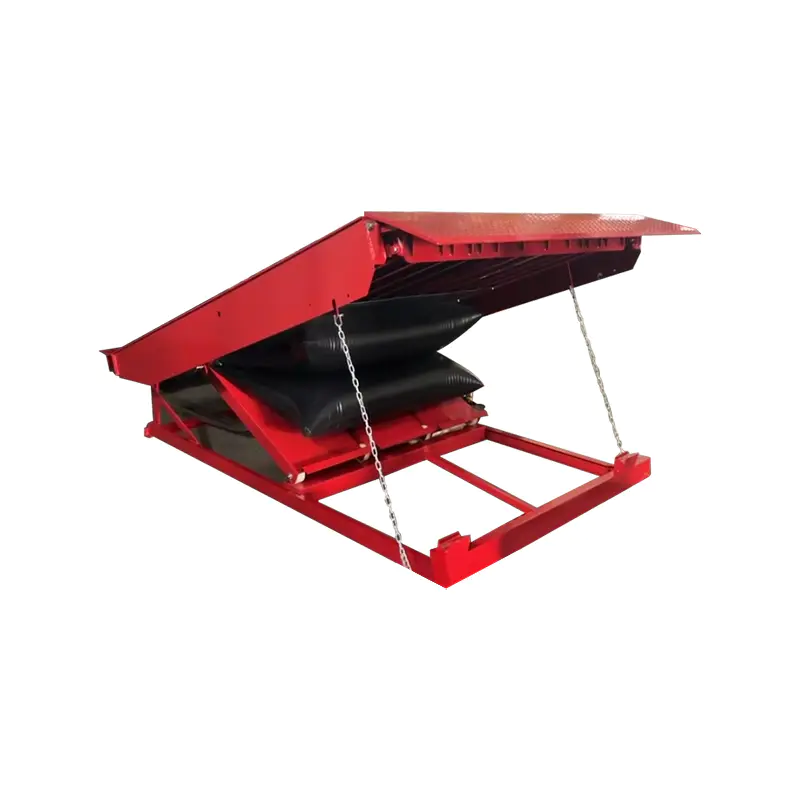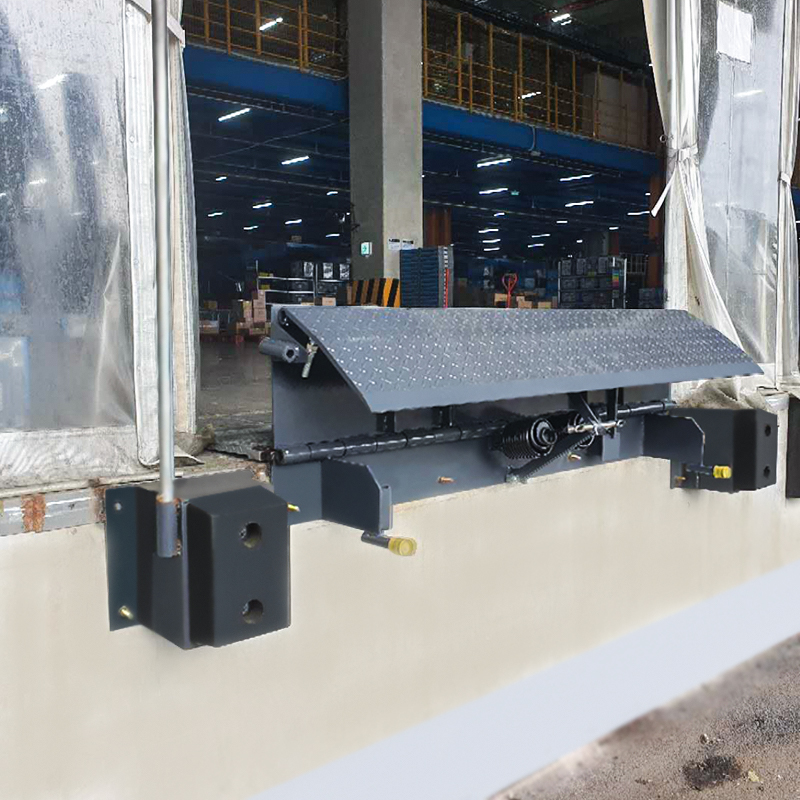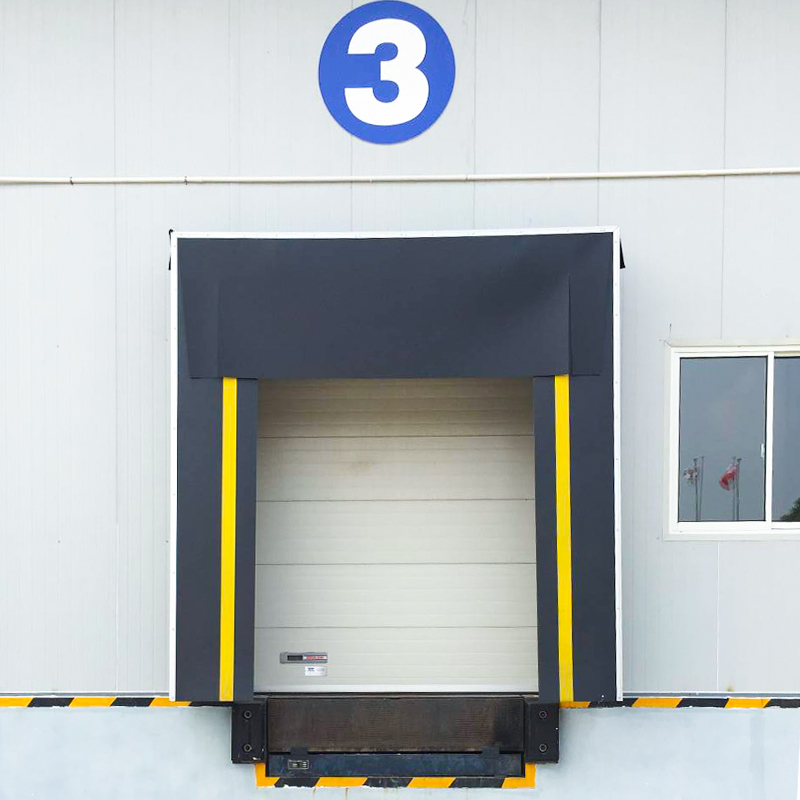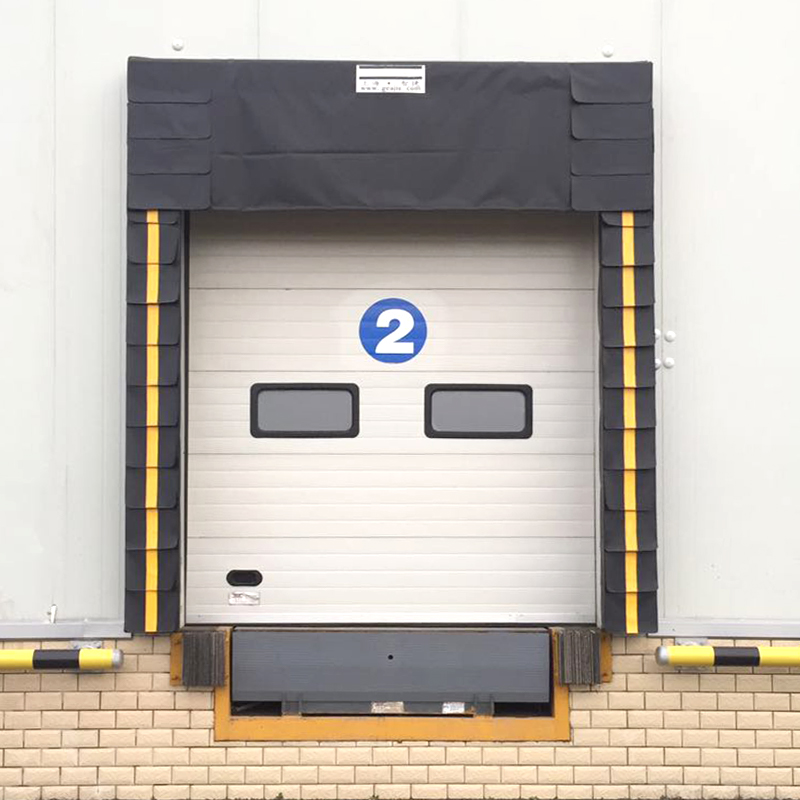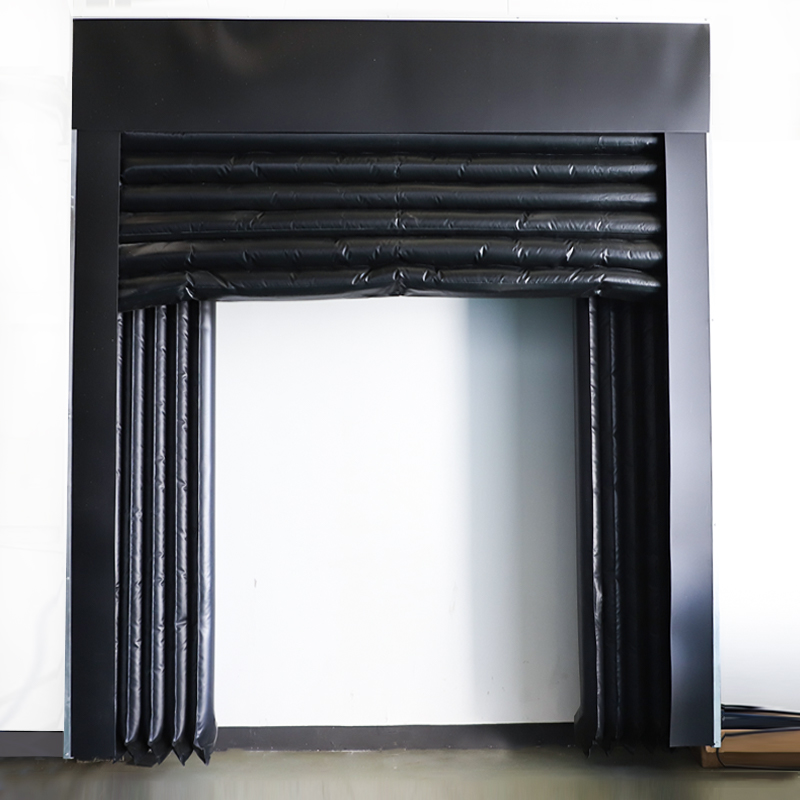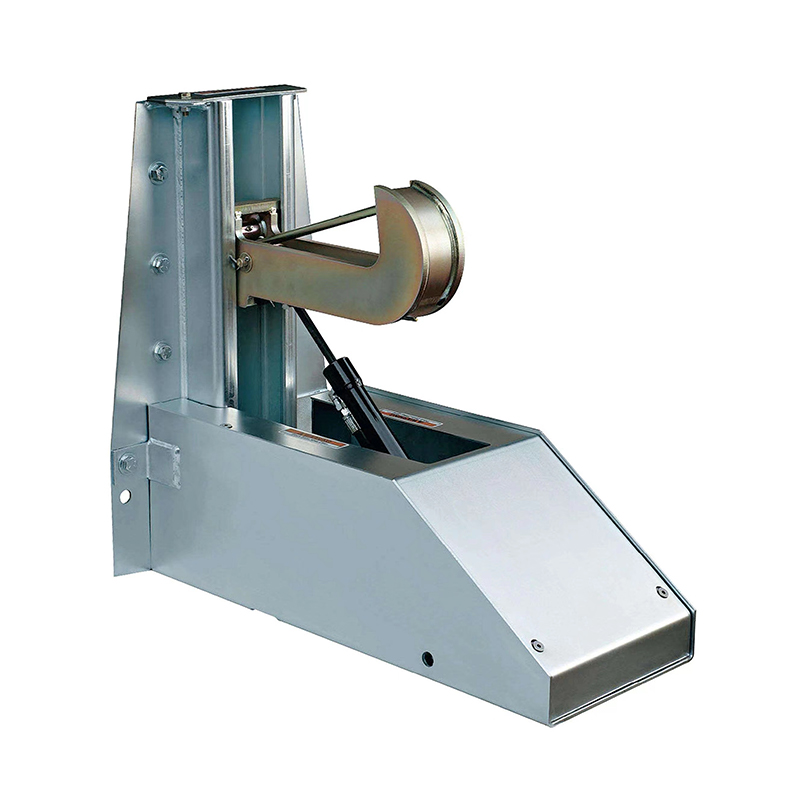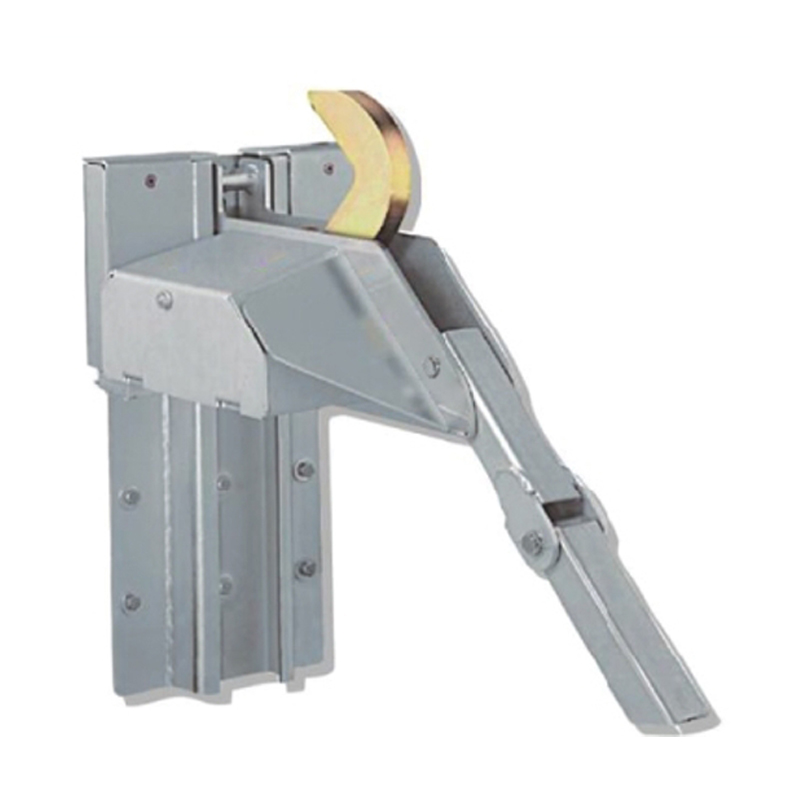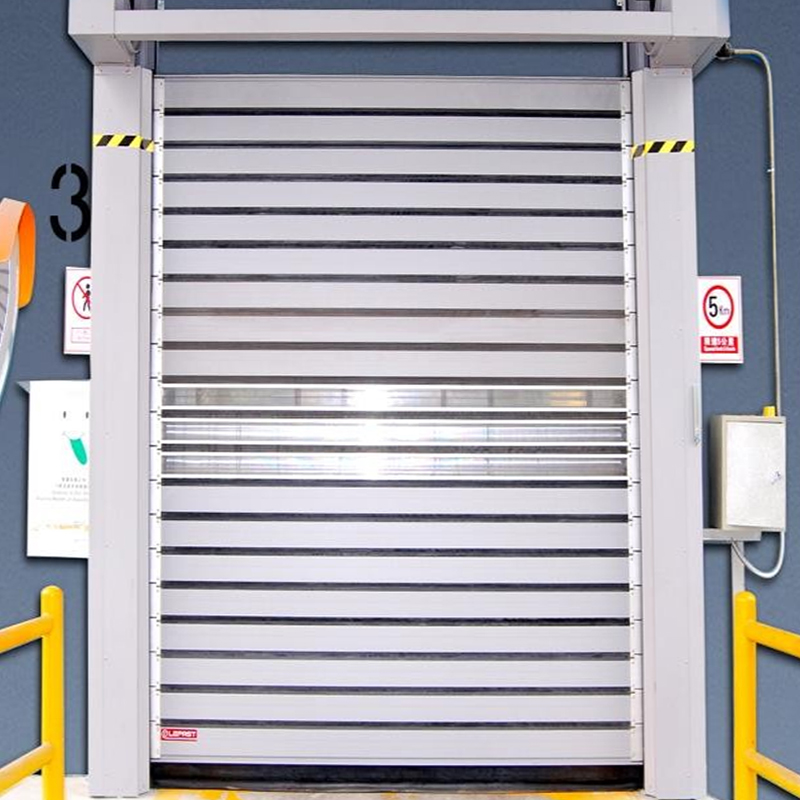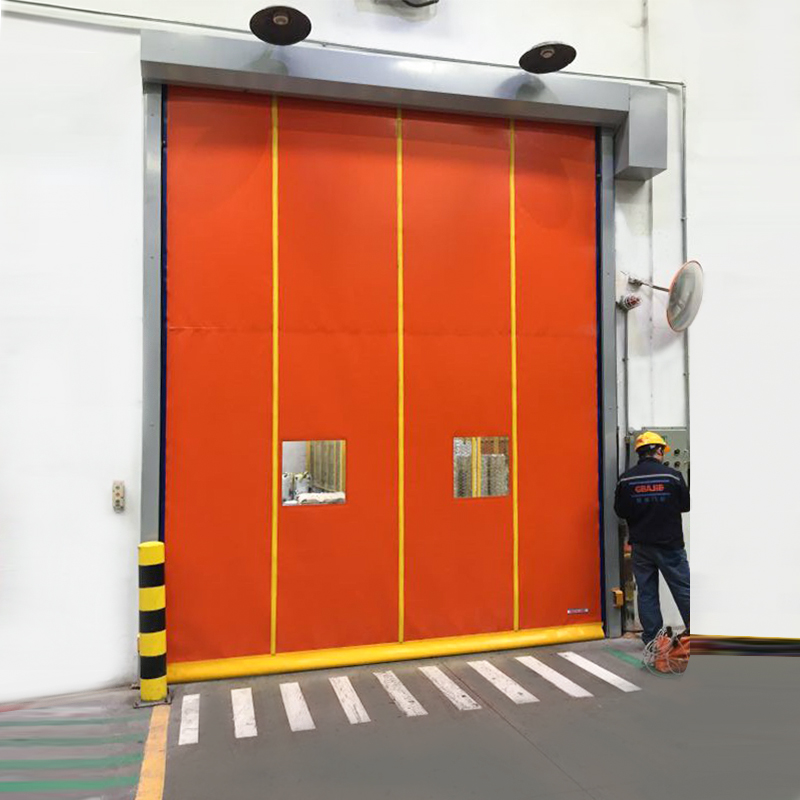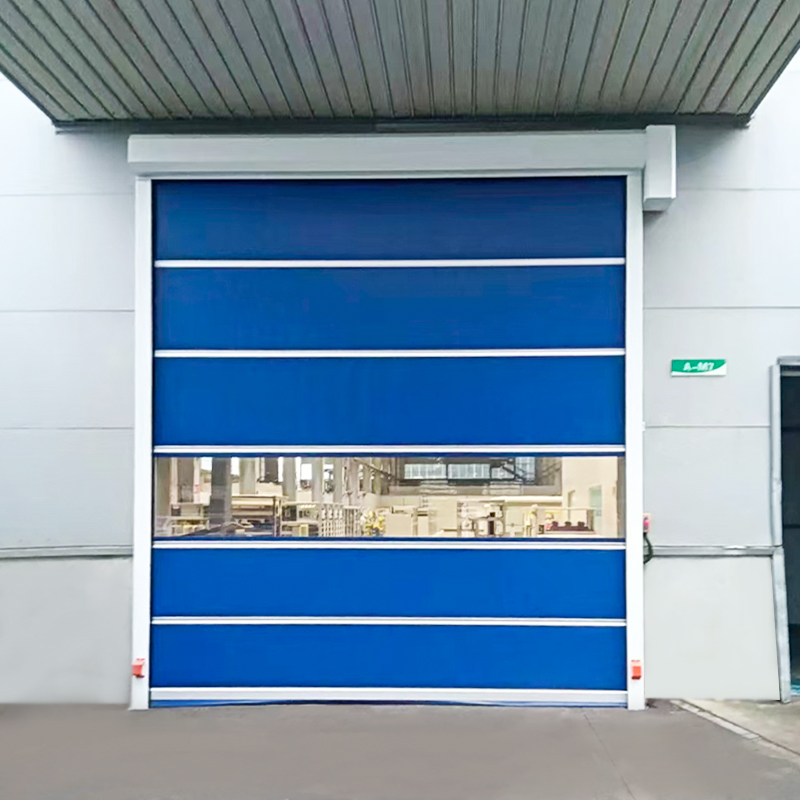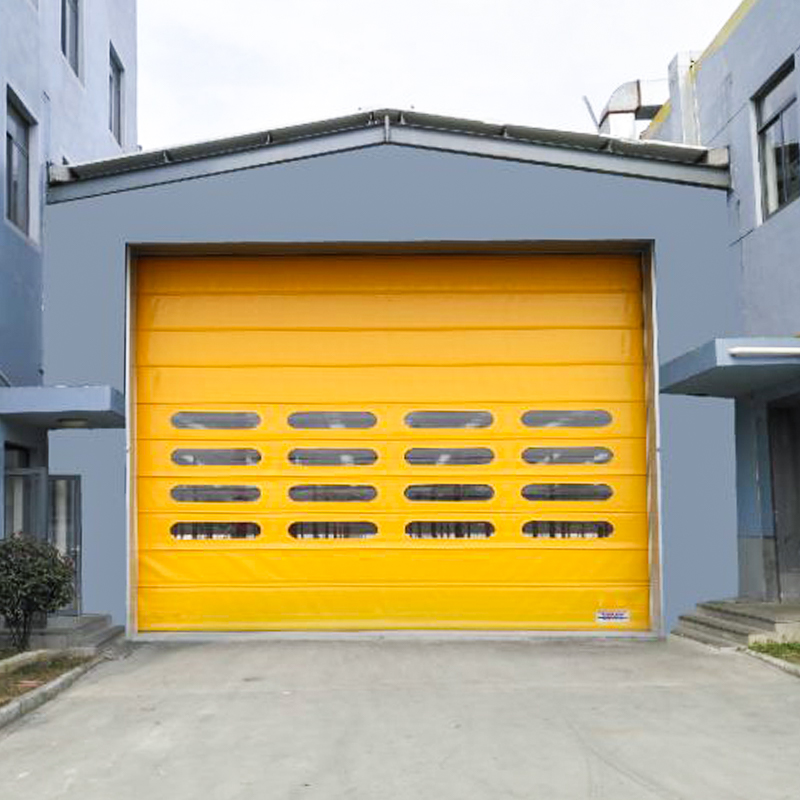1. Flexible Curtain and Collision Absorption The Anti-Crash Replay Industrial Fast Door is designed ...
1. Smooth Transition Between Dock and Vehicle
One of the core functionalities of Industrial Dock Levelers is to bridge the height gap between the loading dock and the truck, ensuring a smooth transition for goods during loading and unloading. This is especially important in commercial and industrial settings where trucks vary in height due to load distribution or suspension differences. Without a dock leveler, there would be a risk of a mismatch between the dock and the truck bed, leading to several problems:
-
Abrupt Drops: Without a dock leveler, the difference in height between the loading dock and the truck bed could cause goods to experience a sudden drop, leading to potential damage, especially to fragile or heavy items. Industrial Dock Levelers ensure a level platform, so goods are moved without the sudden jolt or impact, mitigating the chance of damage due to uneven loading/unloading.
-
Vehicle Damage: The truck itself is also at risk when the height difference is not accounted for. A truck may experience misalignment or forceful movements when the height isn’t managed, leading to possible damage to the truck’s suspension or even denting the truck’s body. Dock Levelers prevent such issues by ensuring that the truck remains aligned with the dock at a uniform level, preventing undue stress on the vehicle’s frame and suspension system.
2. Prevention of Overloading or Uneven Distribution of Weight
Industrial Dock Levelers are engineered to handle varying load capacities, ensuring that the weight of the goods is evenly distributed between the loading dock and the truck bed. Proper weight distribution is crucial to ensuring that both the goods and vehicles are not subject to undue stress, which can cause damage. The use of dock levelers with adjustable capacities offers several advantages:
-
Even Load Distribution: By ensuring a level transfer of goods, dock levelers prevent uneven weight distribution, which could otherwise cause goods to shift within the truck or even fall during loading or unloading. For example, fragile items or perishable goods could be crushed or compromised by sudden, uneven pressure. Dock levelers, particularly hydraulic and air-powered models, allow for adjustable heights and load capacities, ensuring that goods are transferred in a stable and controlled manner.
-
Prevention of Structural Damage: Overloading a truck or having an unbalanced load is one of the leading causes of vehicle damage. A poorly distributed load can lead to excessive strain on the truck’s suspension system and worn-out tires, which could lead to early repairs or even safety risks on the road. By using a dock leveler, both the vehicle and the cargo are managed more efficiently, ensuring that neither the truck nor the load is subjected to undue forces that could cause structural damage.
3. Reduction of Abrasive Wear on Equipment and Goods
During high-frequency loading and unloading, abrasions can occur both on the equipment used to handle the goods and on the goods themselves. The Industrial Dock Leveler minimizes this risk by ensuring a consistent and smooth platform for the transfer of goods:
-
Smooth Surfaces: Many dock levelers are constructed from durable materials that are designed to reduce friction during the loading and unloading process. This ensures that goods are not dragged or scuffed along rough or uneven surfaces. For example, sensitive goods like electronics, glass, or chemicals, which may be packed in vulnerable packaging, can be easily scratched or punctured if subjected to friction or rough handling.
-
Protection for Sensitive Goods: Items that are packed in fragile packaging or that require careful handling, such as luxury products, pharmaceuticals, or food products, are especially vulnerable to damage from rough or uneven surfaces. By ensuring that the forklift or other handling equipment moves smoothly across a stable platform, dock levelers significantly reduce the chance of abrasion, helping protect delicate goods from scuff marks or cosmetic damage during transit.

 English
English Español
Español Tiếng Việt
Tiếng Việt

